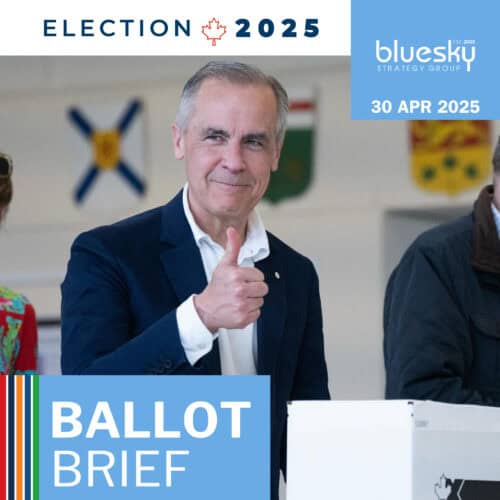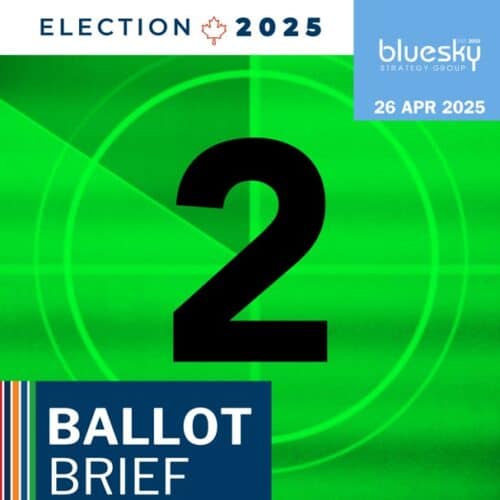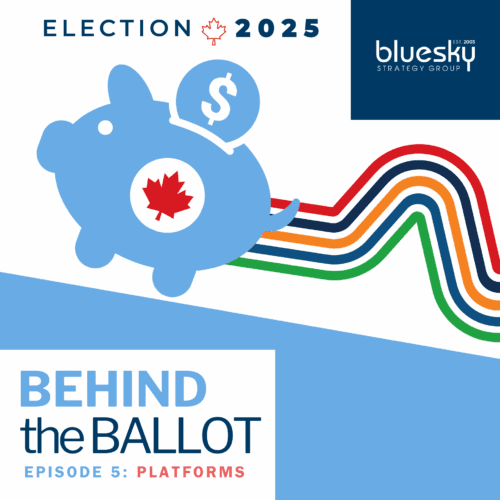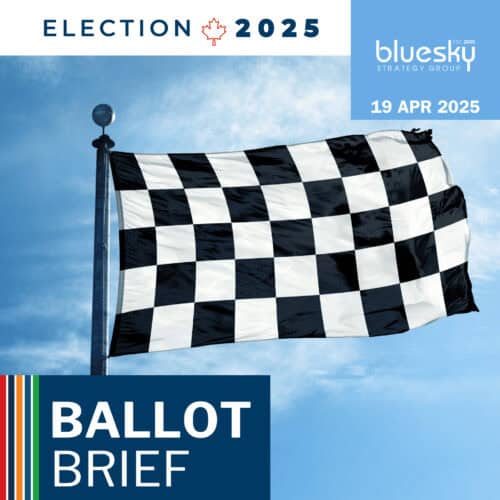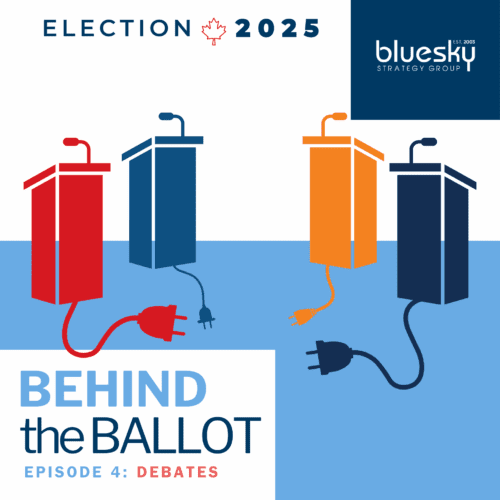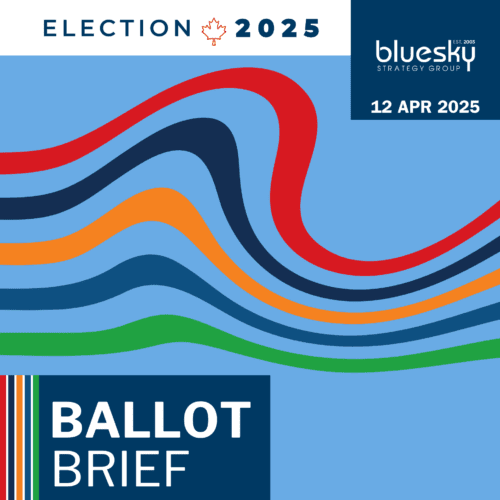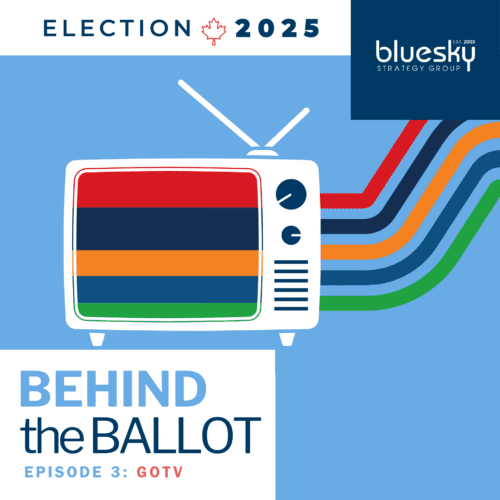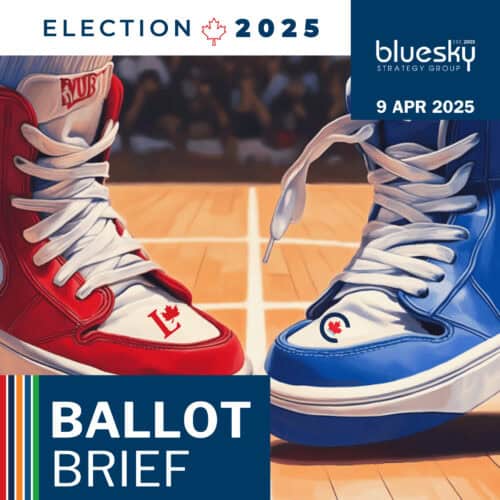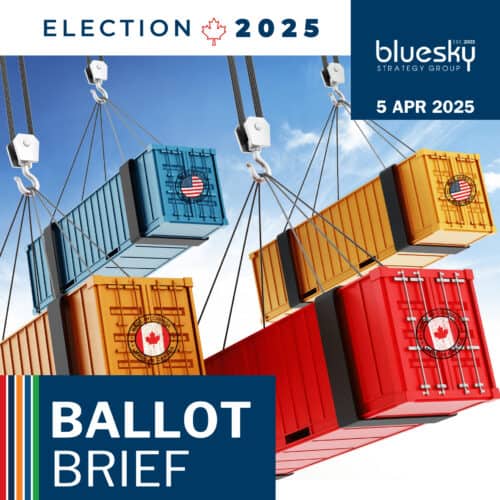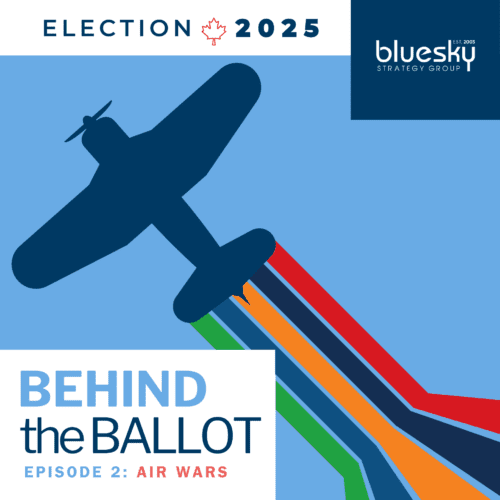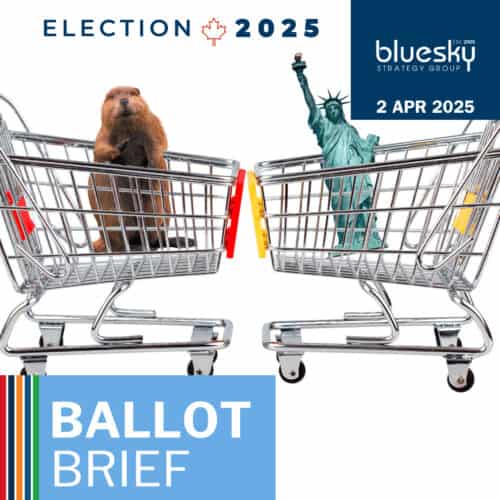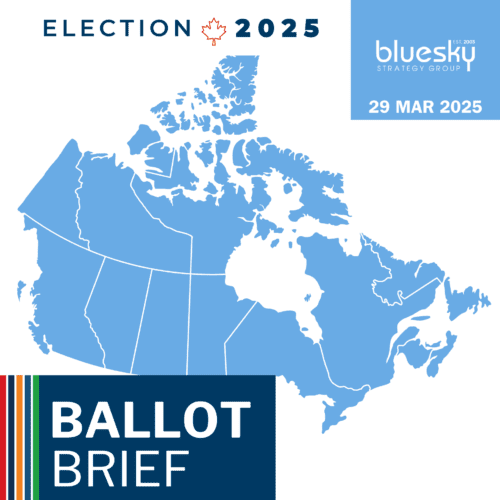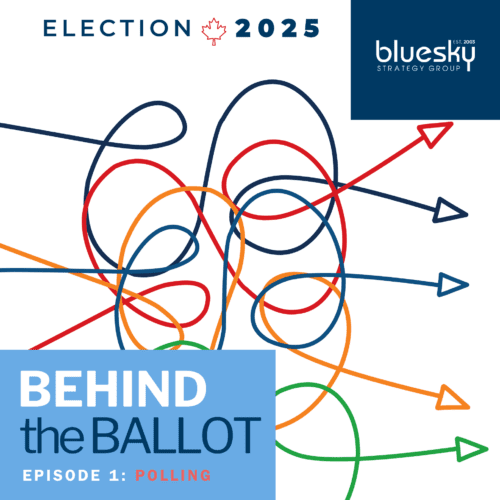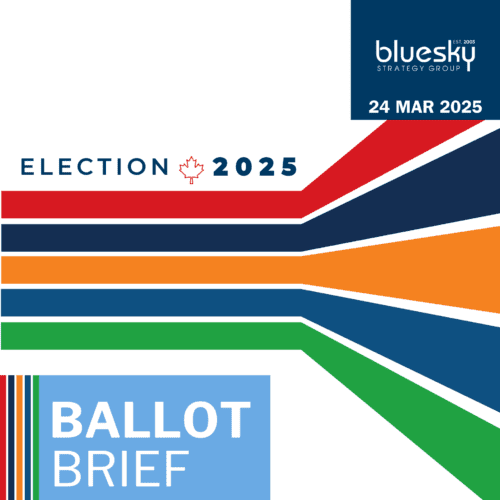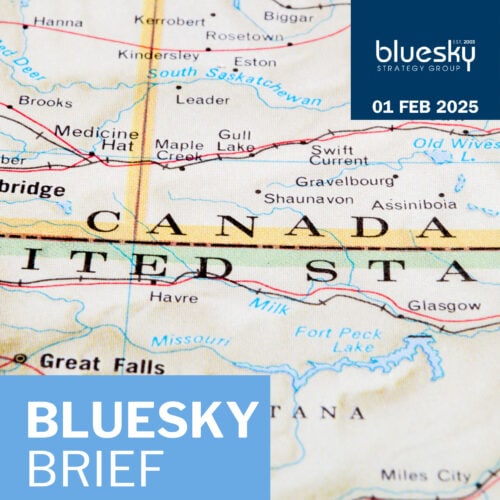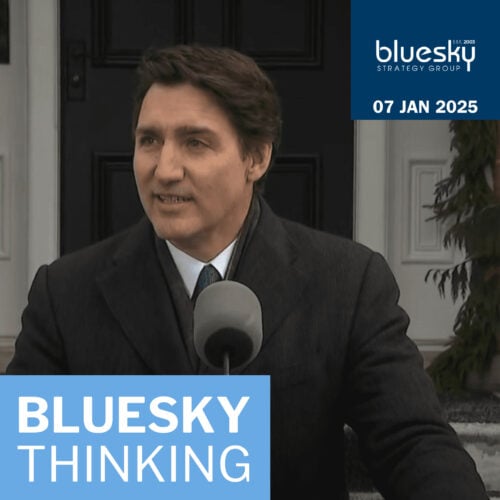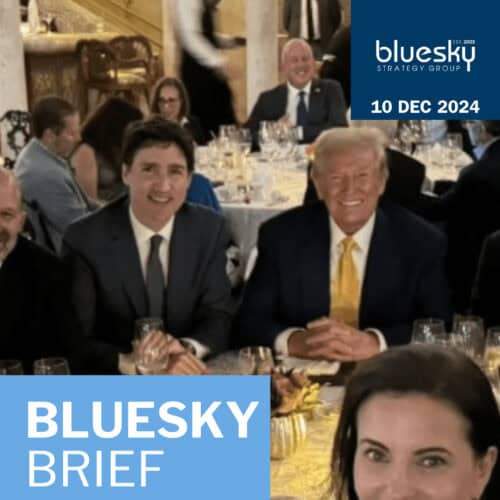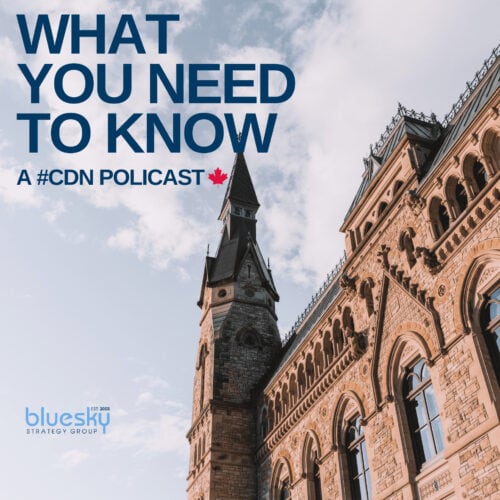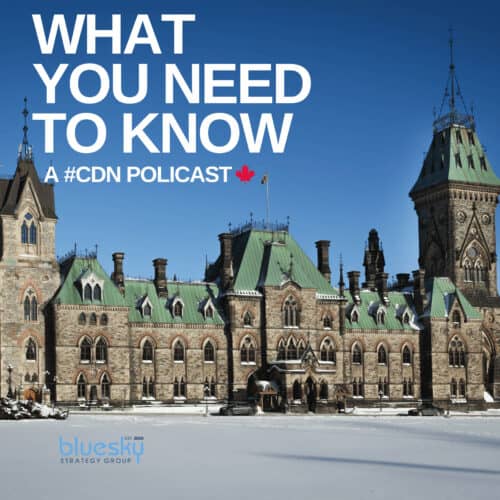U.S. President Imposes Sweeping Tariffs on Canadian Imports and Canada Declares Economic War
After waiting with bated breath, Canadians saw U.S. President Donald Trump escalate trade tensions by signing an executive order that will impose a 25 per cent tariff on all Canadian goods, as a sledgehammer to address his concerns on border security and drug trafficking.

The executive order also includes a 10 per cent tariff on broadly defined Canadian energy and critical minerals.
What Donald Trump and the White House Did
Effective 12:01 a.m. Tuesday, February 4th, the following measures will come into effect:
- A 25 per cent ad valorem rate of duty for all articles that are products of Canada, with some exceptions for products combined within products from other regional zones, merchandise returned into the U.S., as well as items related to personal use, donations, and informational material.
- A 10 percent ad valorem rate of duty on energy or energy resources from Canada. According to Title 30, Section 1606(a)(3) of the United States Code, the term “energy” encompasses a wide range of materials and sources utilized for power and fuel. This includes fossil fuels like crude oil, natural gas, lease condensates, natural gas liquids, and refined petroleum products; nuclear materials such as uranium; solid fuels like coal; renewable sources including biofuels, geothermal heat, and the kinetic energy from flowing water; and critical minerals – long seen as a Canadian trade lever over the U.S. especially as the U.S. tries to decouple itself from Chinese critical minerals and China has already cut off some exports to the U.S.
Canadian goods that were loaded or in their final mode of transit before entering the U.S. prior to Saturday are exempt from the newly imposed tariffs.
In a call with reporters about the tariffs, a senior White House official stated that there will be no process for companies to obtain special exemptions from the imposed tariffs. Additionally, the official highlighted that the executive orders include a retaliation clause, which allows Trump to escalate the tariffs if Canada implements tariffs on U.S. products in response.
The tariffs imposed by the U.S. government and the expedited timeline applied to the measures will quickly impact almost all Canadian exports into the U.S. – disrupting the $3.6 billion worth of daily trade between the two nations.
Representing about 80 per cent of Canada’s exports to the U.S., these tariffs apply only to goods, not services. For any goods currently not included under CUSMA and that have an existing rate of duty, the 25 per cent is over and above that.
This development marks a significant shift in U.S. trade policy, with potential long-term effects on international economic relations and domestic markets.
Canada’s Countermeasures
In response, Prime Minister Justin Trudeau spoke directly to Canadians and Americans stating that his government was going to strike back immediately with retaliatory tariffs on a whole host of American goods as payback. This response will come in two phases.
In the first phase, which will begin on Tuesday at the same time the U.S. tariffs come into effect, Canada will levy 25 per cent tariffs on $30 billion worth of American goods. In the second phase, which will come 21 days later, impacts of another $125 billion to allow Canadian companies and supply chains to seek alternatives and provide a window of consultation with Canadian industry.
Further details on Canadian tariffs were not released before publication following the prime minister’s remarks, but the initial list of targeted U.S. products includes alcoholic beverages such as beer, wine, and spirits, as well as vegetables, clothing, shoes, and perfume. Subsequent tariffs will affect a broader range of American consumer goods, including passenger vehicles and trucks, electric vehicles, steel and aluminum products, aerospace products, beef, pork, dairy, buses, recreational vehicles, and recreational boats.
Finally, additional non-tariff measures were noted in the prime minister’s remarks including procurement penalties or disqualification, road tolls for U.S. trucks and cars, and alcohol off provincial shelves. Should Trump’s threat escalate, the government will consider additional measures, including non-tariff options.
Regarding actions on the sale of energy, the prime minister noted that several industries and regions have more leverage over the U.S. than others. An additional response will be measured to ensure not one industry or region sufferers inequitably and pay the price for all Canadians, with Trudeau stating that any action that might be necessary will be done working with governments, impacted businesses and people of those regions.
These tariffs are anticipated to increase costs for American consumers and add pressure on the U.S. administration to reconsider its stance.
Opposition and Provincial Outcries:
Canada’s premiers came together behind the federal approach, beyond some small regional actions that fit within provincial jurisdiction and align with Canada’s counter-tariff strategy (for example, several provinces have announced they are pulling U.S. alcohol from the shelves or halting purchases of U.S. goods by provincial corporations), In the only real departure, Alberta Premier Danielle Smith re-iterated that export bans (i.e. Alberta oil) to the U.S. must remain off the table and that Canada must ramp up trade – including internal trade – and domestic capacity, including by quickly approving new pipelines to Canada’s east and west coasts. Opposition leader Pierre Poilievre took a hard stance against the tariffs, calling them “unjust and unjustified” in his response today. He also used the opportunity to take a few shots at the Liberal government.

Poilievre has been calling for a recall of Parliament and reiterated that call today so he can put forward his “Canada First Plan.” His plan includes targeted dollar-for-dollar tariffs, returning tariff revenue to workers, a “Bring It Home Tax Cut,” the fast-tracking of resource, manufacturing, and export projects (in line with Premier Smith), eliminating interprovincial trade barriers, and further border protection through increased military presence. Poilievre has long lamented how reliant Canada is on foreign countries, including the U.S., and his response tonight is in line with his strategy to shore up Canadian domestic production and become more independent and self-reliant.
Industries Pull the Alarm:
National business associations and unions expressed objection to Trump’s tariffs ranging from “unfortunate” and “deeply disappointing” to “profoundly disturbing” and “an act of hostility.”
Canadian Chamber of Commerce President and CEO Candace Laing criticized President Trump’s decision to impose tariffs, stating that it will have immediate negative effects on both Canadian and American livelihoods by increasing costs for all. She emphasized Canada’s role as a reliable trading partner and urged the nation to build a more resilient economy by diversifying trading partners and removing internal trade barriers.
Federation of Canadian Municipalities (FCM) President Rebecca Bligh said she “strongly condemns” the U.S. tariffs and called for a coordinated response across all levels of government to mitigate the “severe consequences’ they will have on local economies.
The Canadian Association of Petroleum Producers (CAPP) said it is too early to tell what impact the 10 percent tariff on energy products will have on supply, demand and trade but the tariffs will increase costs for Americans and hurt the economies of both countries.
The Canadian American Business Council “strongly opposes” the imposition of tariffs on Canada “deeply disrupts” the interconnected supply chains, jeopardizes energy security, and undermines the economic foundation of both countries.
UNIFOR National President Lana Payne said Trump “declared a trade war against Canada and Canadian workers” and called for swift retaliation, “Buy Canadian” protocols, leveraging procurement policies to support Canadian jobs and industries and better management of strategic national resources through industrial policy. She also called for enhanced income support for workers and emergency relief programs similar to those during the COVID-19 pandemic.
The call for relief is also echoed by Canadian Federation of Independent Business (CFIB) President Dan Kelly who said relief should not repeat mistakes of pandemic support and need to support not just large exporters, but all small businesses that are still recovering from pandemic restrictions and current economic conditions. Kelly said Canada needs to reduce taxes and red tape and address internal trade barriers.
The Business Council of Canada called the tariffs “a wakeup call” for Canada, but urged caution on retaliatory measures to ensure that whatever is done has the least economic harm to Canada.
WHAT COMES NEXT
In the coming days, detailed lists of categories and tariff rates are expected to be published by both the Canadian government and U.S. Trade officials, which will require importers on both sides of the border to track and submit the added duties to their respective governments. Again, this is all subject to President Trump threatening to escalate U.S. tariffs to counter any Canadian tariffs.
It is also been reported that Finance Minister Dominic Leblanc will be meeting with Bank of Canada governor Tiff Macklem and heads of six other Canadian banks on Sunday.
